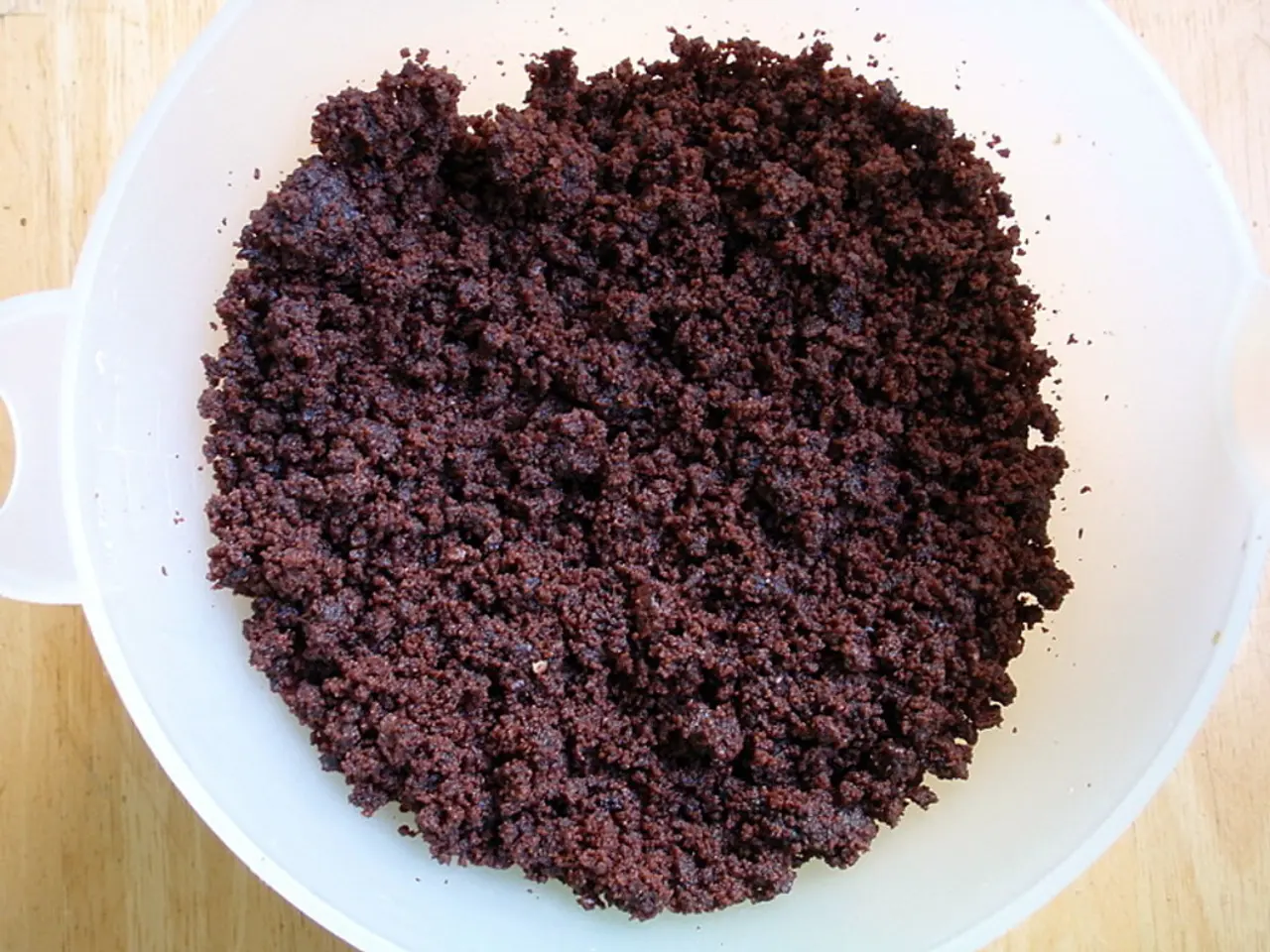Lactose Intolerance versus Crohn's Disease: Distinctive Signs and Symptoms
In the realm of gastrointestinal health, two conditions stand out for their distinct characteristics: Crohn's disease and lactose intolerance. While both affect the digestive system, they have different causes, symptoms, and treatment approaches.
Crohn's disease, a type of inflammatory bowel disease (IBD), is characterised by inflammation in the digestive tract. The exact cause of Crohn's disease is not clear, but it may have autoimmune characteristics. Risk factors include smoking, certain ethnic backgrounds, and genetic predisposition. Symptoms include chronic diarrhea, abdominal pain, weight loss, fatigue, and sometimes rectal bleeding. Diagnosis involves a combination of endoscopic examinations, imaging tests, and blood tests to assess inflammation and nutritional deficiencies. Treatment options include aminosalicylates, corticosteroids, immunomodulators, biologic therapies, and surgery in severe cases.
On the other hand, lactose intolerance occurs when the body does not produce enough of the enzyme lactase to break down lactose, a sugar found in milk and most other dairy products. This condition can be due to primary causes, such as a genetic inability to produce lactase, or secondary causes, like gastrointestinal diseases that damage the small intestine's ability to produce lactase. Risk factors include genetic predisposition, being of certain ethnicities, and underlying gastrointestinal conditions like Crohn's disease. Symptoms typically appear after consuming lactose-containing dairy products and include bloating, gas, stomach cramps, diarrhea, and abdominal pain.
Treatment for lactose intolerance focuses on managing symptoms through dietary changes, such as avoiding lactose-containing products or using lactase enzyme supplements. In some cases, probiotics may be recommended to help manage symptoms. People with lactose intolerance should take care to compensate for any dietary changes to ensure they are not lacking any nutrients, such as vitamin D and calcium.
While lactose intolerance can sometimes be a secondary issue in individuals with Crohn's disease, complicating their dietary management, both conditions can be lifelong conditions, with Crohn's disease generally being more challenging to manage due to its systemic inflammation and potential need for surgery.
In the United States, doctors diagnosed IBD in over 3 million adults in 2015, highlighting the prevalence of these conditions. Lactose intolerance affects around 65% of U.S. adults, making it a common dietary consideration.
In summary, while both conditions affect the gastrointestinal system, they have distinct causes, symptoms, and treatment approaches. Understanding these differences can help individuals manage their conditions more effectively and seek appropriate medical advice.
- The naive approach towards treating chronic-kidney-disease might not yield effective results, as it necessitates an established understanding of science and medical-conditions.
- A person with Crohns should be cautious about their fitness-and-exercise routine, as it could potentially exacerbate their chronic-diseases and lead to fatigue.
- Mental-health is a crucial aspect of health-and-wellness, especially for those living with chronic-diseases like Crohns, as they might experience increased stress and anxiety.
- In the realm of eye-health, understanding the impact of nutrition, such as avoiding lactose-containing dairy products in individuals with lactoseintolerance, can lead to better overall health.
- During medical-consultations, it's essential to discuss all existing medical-conditions, including skin-care issues, to ensure comprehensive treatment approaches.
- The dietary changes required for treating lactoseintolerance may necessitate supplements like probiotics for maintaining a balanced fitness-and-exercise routine.
- Before adopting a new skincare regimen, individuals with lactoseintolerance should verify whether the products are lactose-free to avoid any potential irritation.
- The established treatment of Crohns disease involves a combination of medications like corticosteroids, immunomodulators, and biologic therapies, in addition to surgery in severe cases.
- In the management of lactose intolerance, it's crucial for individuals to consider their overall nutrition, ensuring they receive necessary nutrients like vitamin D and calcium through other dairy-free sources.
- In sports, athletes with gastrointestinal conditions like lactose intolerance or Crohns might need to carefully plan their diet and exercise regimen to prevent further complications.




